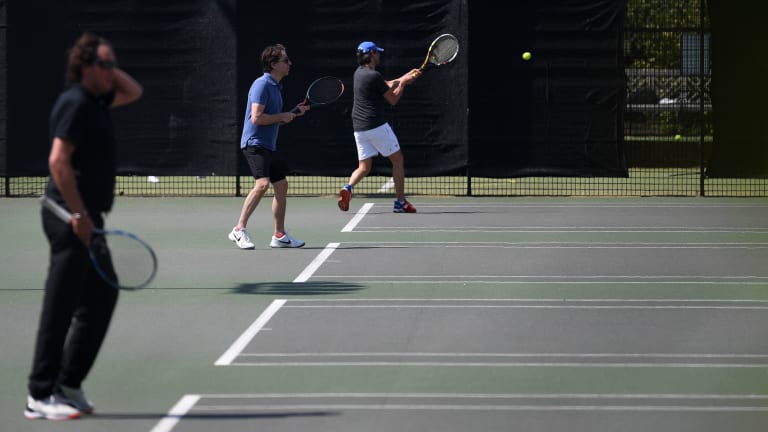Your Game
Tip of the Day: Practicing with tennis players at all levels will help you improve
By Oct 13, 2024Your Game
The Official 2025 Mother’s Day Tennis Gear Gift Guide
By Apr 27, 2025Your Game
Racquet Review: Head Radical Pro 2025
By Apr 26, 2025Your Game
Racquet Review: Yonex EZONE 100
By Apr 20, 2025Your Game
Geared Up: Andrey Rublev keeps letting it rip with Head and K-Swiss
By Apr 19, 2025Your Game
Tariffs are serving up challenges to the tennis equipment industry
By Apr 13, 2025Your Game
The Partner ball machine uses robotics to revolutionize tennis training
By Apr 12, 2025Your Game
Racquet Review: Wilson Clash 100 Pro v3
By Apr 06, 2025Your Game
Shoe Review: Adidas Ubersonic 5
By Apr 05, 2025Your Game
Doubles Partners: Asics and A.P.C. team up for one-of-a-kind tennis collection
By Mar 30, 2025Tip of the Day: Practicing with tennis players at all levels will help you improve
Instead of souring over who you’re hitting with, choose to see the opportunity ahead.
Published Oct 13, 2024
Advertising

Some of the most difficult situations a player will face are against someone they know they can beat.
© AFP via Getty Images